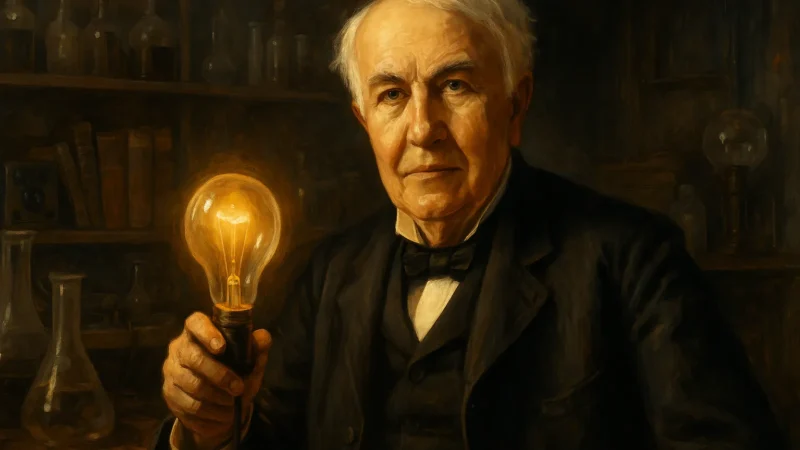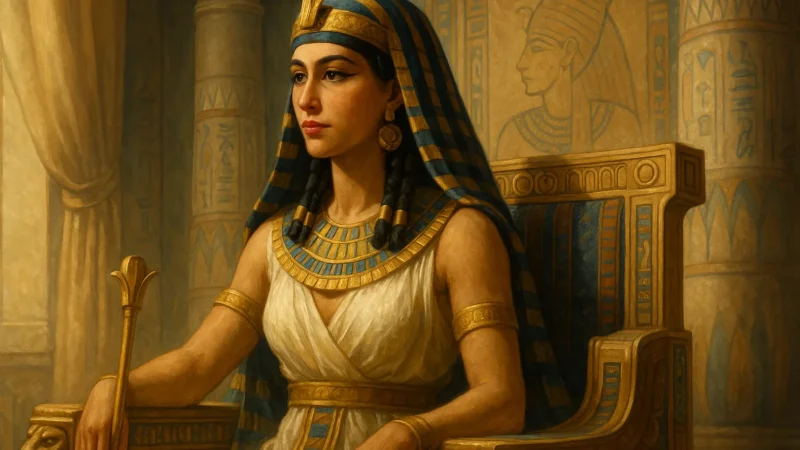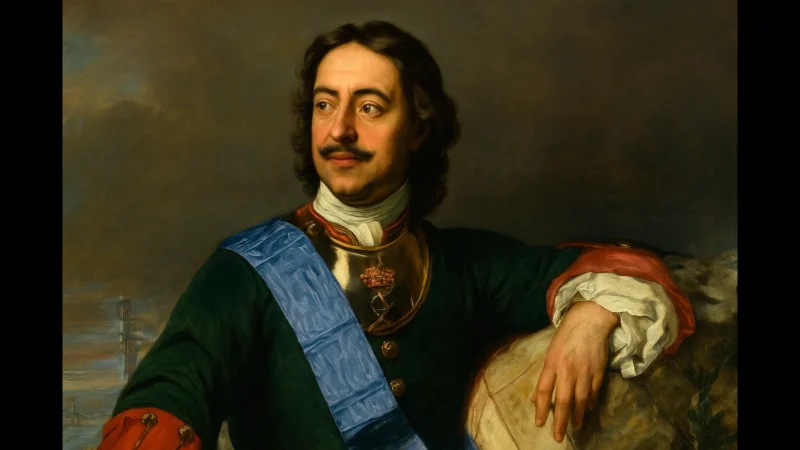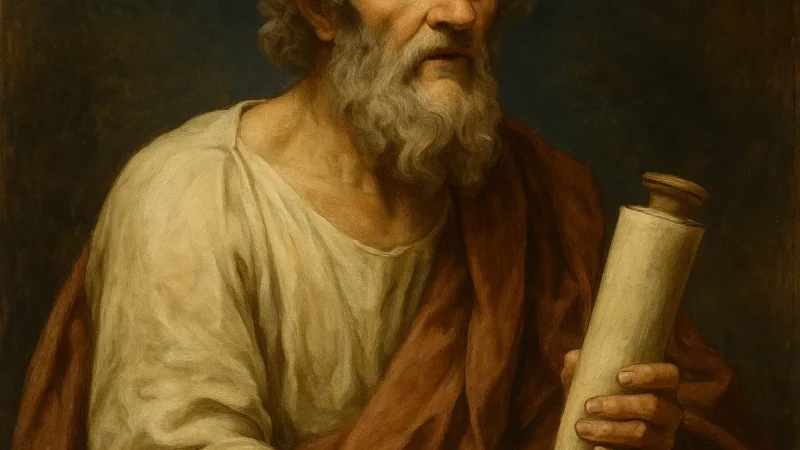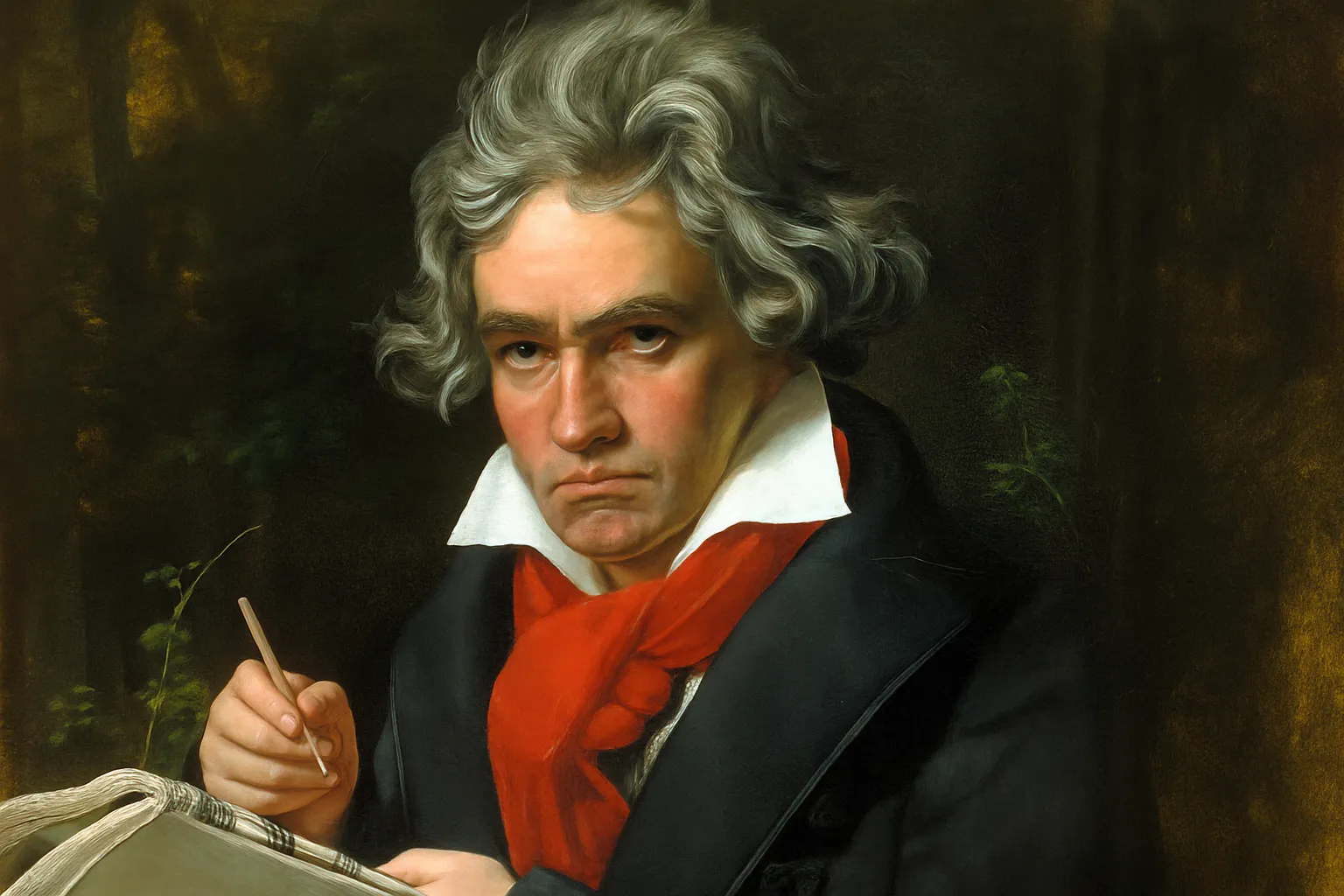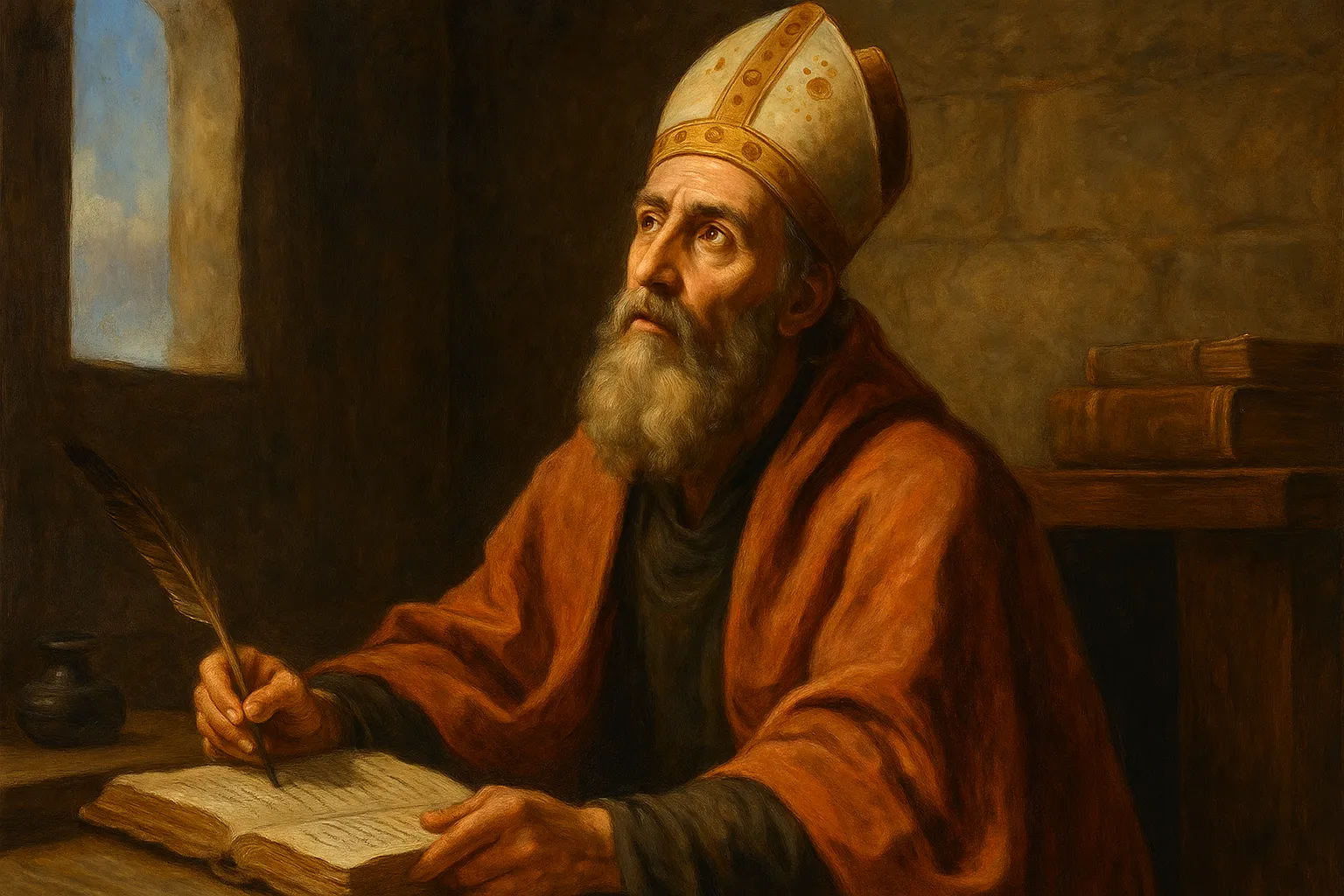Biography of Pythagoras: the mystic mathematician who united numbers, philosophy, and spirituality
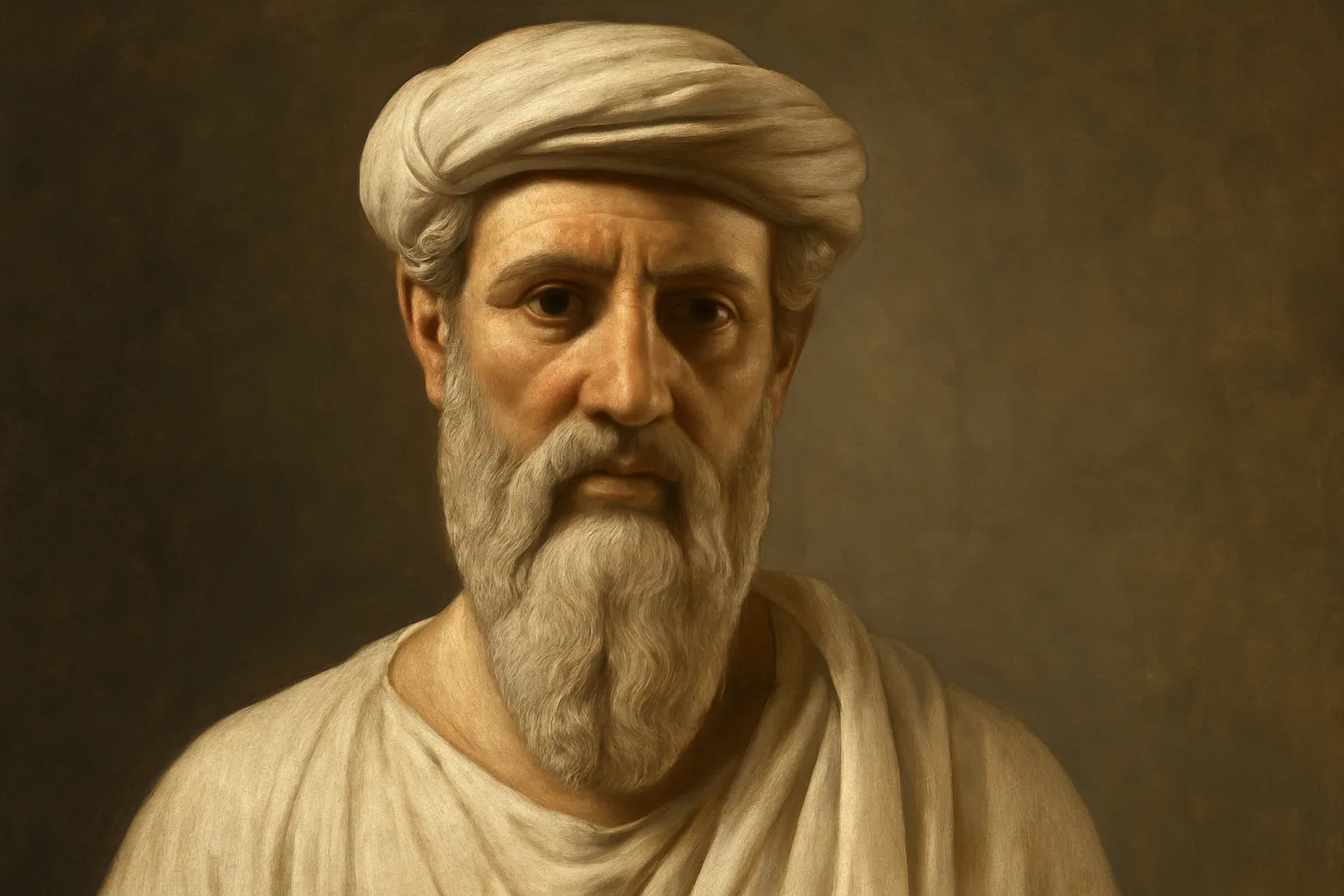
Few names have survived the centuries surrounded by as much mystery, admiration, and debate as Pythagoras of Samos. Best known for the theorem that bears his name, Pythagoras was far more than a mathematician. He was a philosopher, religious leader, mystic, and teacher who founded one of the most influential schools of thought in antiquity. His teachings combined science, spirituality, ethics, and cosmology, leaving a legacy that still fascinates scholars and thinkers today.
This is the story of a man whose life blends historical facts with legend but whose ideas laid the foundations of mathematics, philosophy, and Western spirituality.
Early Life in Samos (ca. 570–530 BC)
Pythagoras was born around 570 BC on the island of Samos, located in the Aegean Sea near present-day Turkey. His father, Mnesarchus, was a Phoenician merchant, and his mother, Pythais, came from a respected local family.
Growing up in the vibrant cultural crossroads of Samos, under the rule of the tyrant Polycrates, Pythagoras was exposed to a rich mix of Egyptian, Babylonian, Phoenician, and Greek knowledge. This multicultural environment deeply influenced his intellectual development.
The Journey of Knowledge: Egypt, Babylon, and Beyond
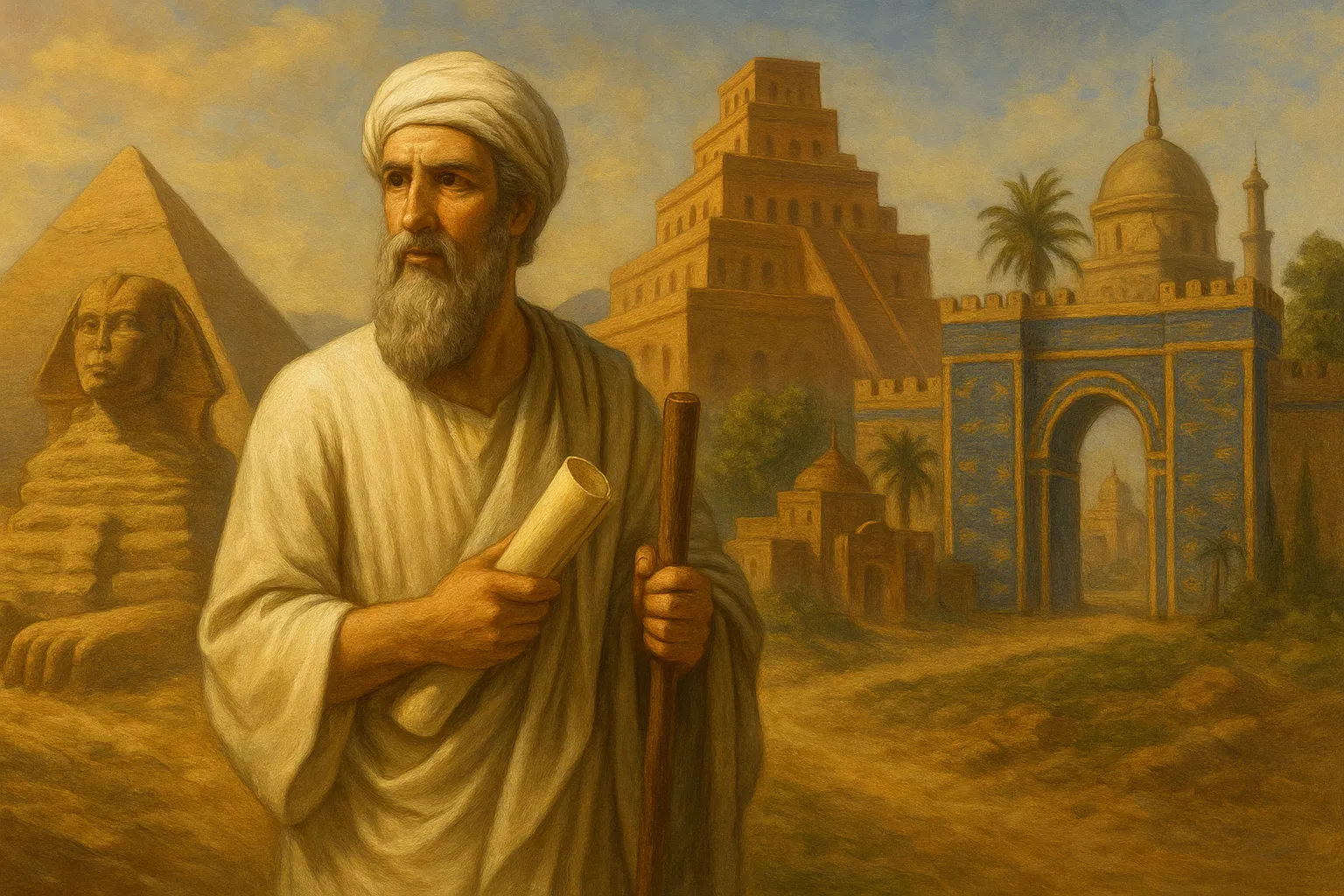
Ancient sources suggest that Pythagoras traveled extensively to acquire wisdom, though precise details remain speculative:
-
Egypt: He studied geometry, astronomy, and religious rituals. Egyptian methods of land measurement likely informed his later geometric theories.
-
Babylon: He absorbed advanced Babylonian arithmetic and astronomical knowledge.
-
Phoenicia and possibly India: Some accounts suggest he encountered Eastern mystical traditions that shaped aspects of his esoteric doctrines.
After more than two decades of study abroad, Pythagoras returned to Samos but found its political climate stifling.
Founding the Pythagorean School in Croton (ca. 530 BC)
Disenchanted with political life in Samos, Pythagoras emigrated to Croton (modern-day southern Italy), where he established the famous Pythagorean Brotherhood.
The Pythagorean school was far more than a mathematics academy. It was a philosophical, religious, and political community governed by strict rules of secrecy, ascetic living, and spiritual discipline. Members adhered to:
-
The study of numbers as the underlying essence of reality.
-
Music as a reflection of cosmic harmony.
-
The transmigration of the soul (reincarnation).
-
Pursuit of moral and physical purity.
Pythagorean teachings combined mathematics, cosmology, ethics, and mysticism into a holistic worldview.
Pythagorean Philosophy: Numbers, Harmony, and the Cosmos
For the Pythagoreans, numbers were the ultimate principle of all existence—not just tools for calculation but the very structure of reality.
a) The Pythagorean Theorem
Though the theorem was known in earlier cultures, the Pythagoreans systematized it:
In a right-angled triangle, the square of the hypotenuse equals the sum of the squares of the other two sides.
This theorem remains fundamental to geometry and countless scientific applications today.
b) The Music of the Spheres
Pythagoras discovered that musical intervals correspond to simple numerical ratios, such as 1:2 (octave), 2:3 (perfect fifth), and 3:4 (perfect fourth). This led to his theory of the Music of the Spheres, proposing that celestial bodies produce an inaudible but real cosmic harmony as they move through space.
c) Dualism and the Tetractys
The Pythagoreans classified reality into pairs of opposites:
-
Limit / Unlimited
-
Odd / Even
-
Light / Darkness
-
Good / Evil
They revered the Tetractys, a triangular arrangement of ten points (1+2+3+4=10), symbolizing the perfection of the cosmos.
Religion, Ethics, and Reincarnation
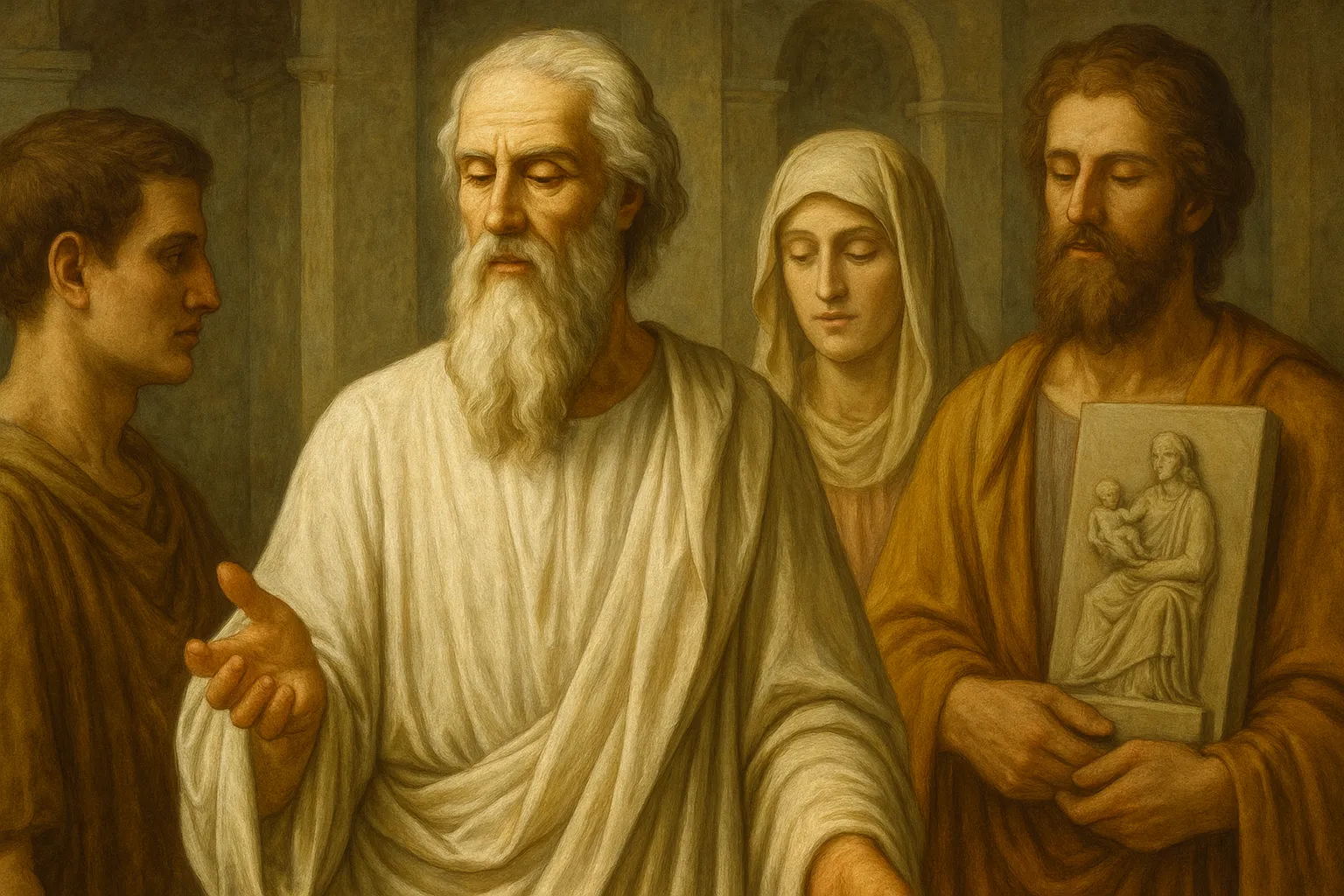
The Pythagorean Brotherhood was as much a spiritual order as a school of mathematics:
-
They believed in metempsychosis, or the transmigration of souls into different bodies after death.
-
Members followed a strict vegetarian diet and embraced bodily and moral purity.
-
Silence, self-discipline, and community living were integral to their ethical code.
-
The divine was understood as a singular, universal principle of cosmic order, distinct from traditional polytheism.
Politics, Conflict, and Persecution
In Croton, the Pythagoreans gained significant political influence, advising the city’s aristocracy. However, their growing power incited opposition from democratic factions and political rivals.
Around 510 BC, violent uprisings targeted the Pythagoreans:
-
Their meeting halls were burned.
-
Many members were murdered or exiled.
-
The original school dissolved, though some disciples continued their work elsewhere.
Pythagoras’ own death remains uncertain—he may have been killed or died in exile around 495 BC. Despite this, his teachings endured for generations.
Secret Doctrine and Oral Tradition
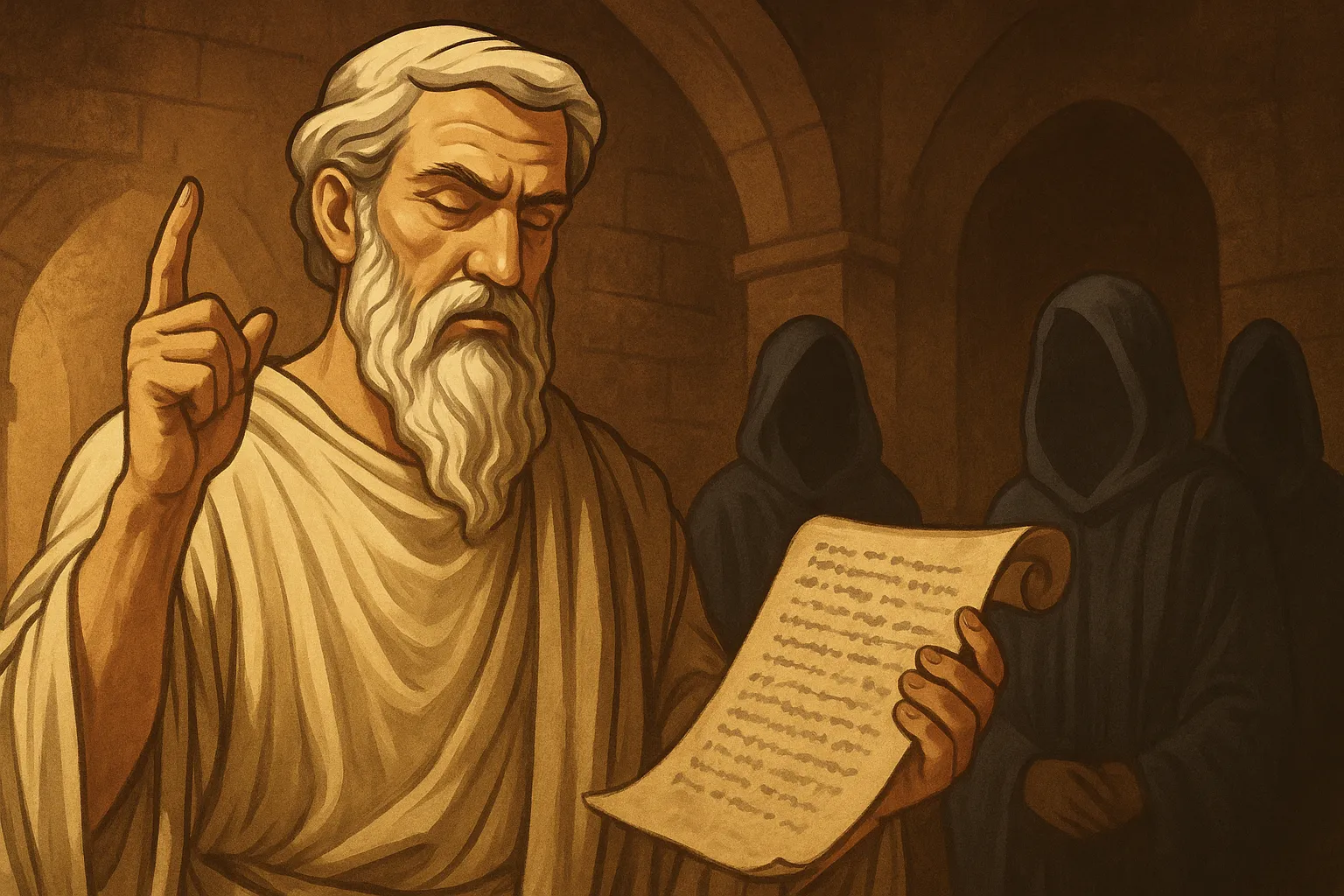
One reason for the enduring mystery around Pythagoras is the lack of written works directly attributed to him. The Brotherhood transmitted its teachings orally and reserved advanced knowledge for fully initiated members.
As a result, much of what we know about Pythagoras blends historical fact with legend, making it difficult to separate the man from the myth.
Influence in Antiquity
Despite persecution, Pythagoras’ influence was enormous:
-
Plato was deeply influenced by Pythagorean ideas, especially in his concept of eternal forms and the harmonious structure of the universe.
-
Aristotle respected their mathematical insights, though he criticized their mystical elements.
-
Neopythagorean schools in the 1st century AD revived his teachings alongside Platonic philosophy.
Pythagorean contributions shaped:
-
Axiomatic geometry.
-
Musical theory.
-
The notion of a mathematically ordered universe.
-
The integration of ethics, science, and spirituality.
Pythagorean Thought and Modern Science
Many Pythagorean concepts anticipated modern scientific discoveries:
-
The idea that the universe operates under mathematical laws resonates from Galileo to Einstein.
-
The concept of cosmic harmony aligns with aspects of modern cosmology.
-
The quest for elegant mathematical simplicity remains central to theoretical physics.
Even today, scientists and mathematicians continue to admire Pythagoras as a symbol of the unity between reason, beauty, and the natural world.
Pythagoras in Popular Culture
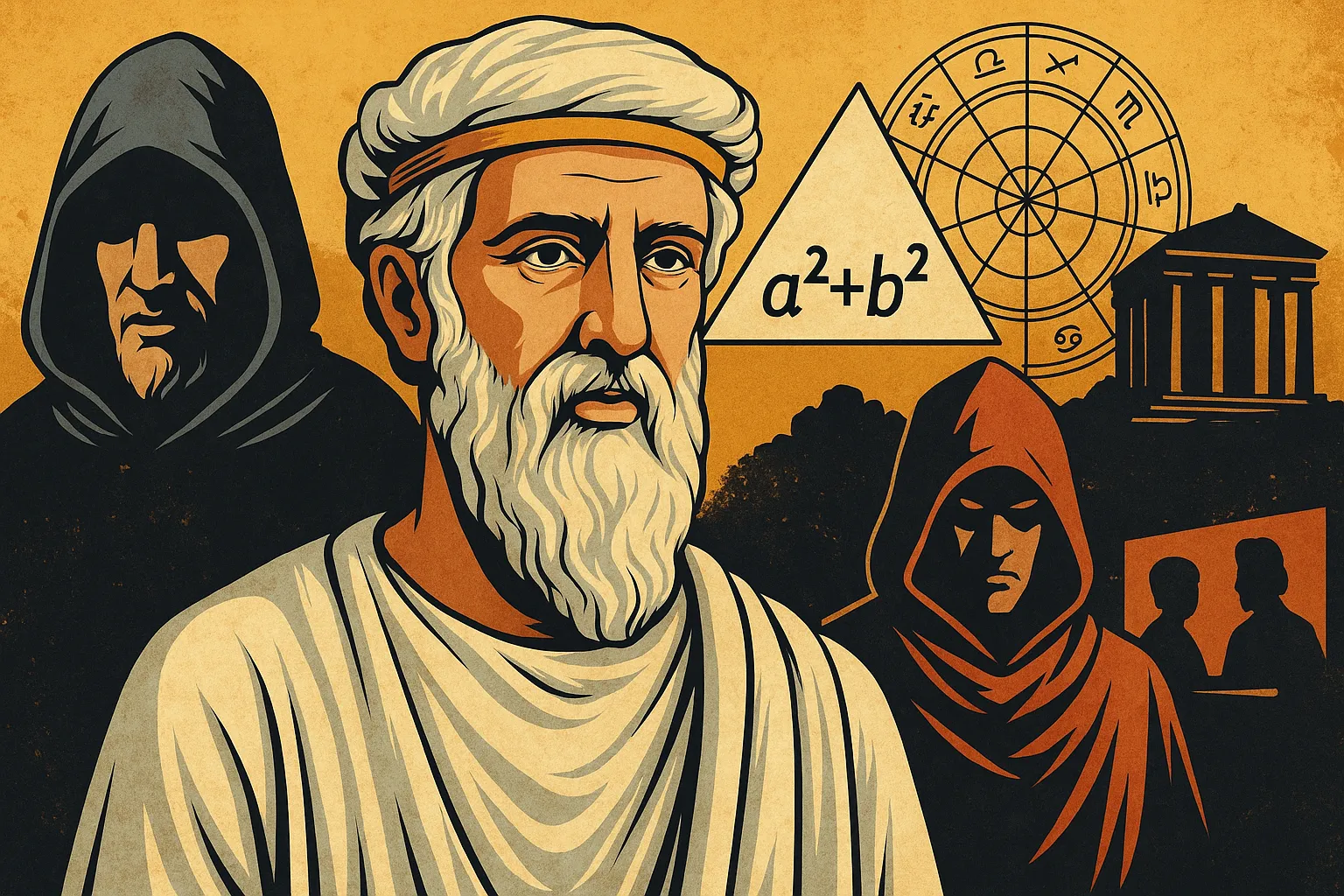
Beyond academia, Pythagoras has become a symbol of:
-
The wise mystic or prophet.
-
The founder of secret mystical orders.
-
A recurring figure in literature, film, graphic novels, and video games.
-
A popular subject in discussions of ancient esoteric knowledge.
His enigmatic legacy continues to fuel fascination with the hidden wisdom of the ancients.
Pythagoras was far more than the namesake of a geometric theorem. He was a visionary thinker who sought to unify science, ethics, religion, and philosophy into a harmonious worldview where numbers unlock the mysteries of the universe and the soul participates in its cosmic order.
His name endures not only because of mathematical formulas but because of a deep spiritual quest for unity, order, and truth that still resonates with the human search for meaning.
In both science and spirituality, Pythagoras remains a timeless symbol of humanity’s pursuit of wisdom and beauty.

